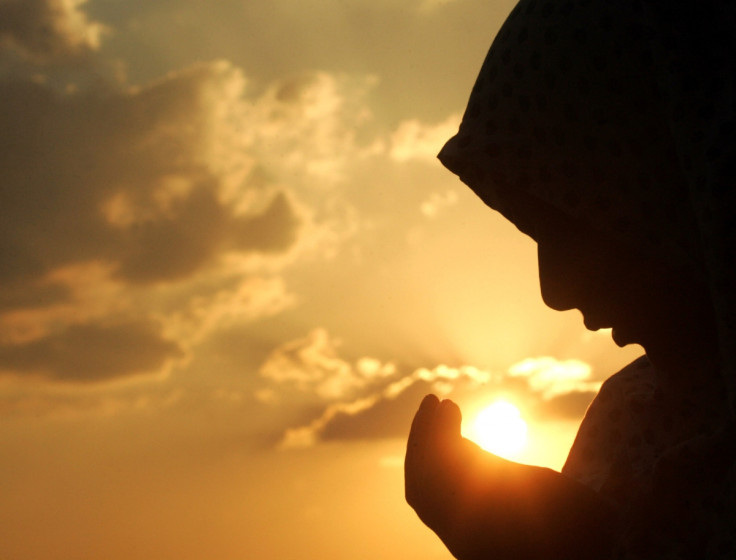Ramadan 2015: Muslims in Arctic Circle with 24-hour daylight seek new rules for fasting

The month-long fast for Ramadan is set to begin next week but Muslims in the Arctic Circle are confused about their fasting period.
The devotees of the region are forced to come up with a new set of rules for their Ramadan fasting as the region will have sunshine for 24 hours a day.
The religious observance begins on 18 June. Three days after that, the Arctic Circle will witness the longest day when the sun does not set over most of the region and only sets for a couple of hours further south.
The Swedish Islamic Association, meanwhile, is working to frame new guidelines to avoid any confusion regarding the fasting periods of the Muslims of the Arctic zone.
"We've got two difficult questions, not just when you can break the fast in the north but also when you should start fasting," Mohammed Kharraki, a spokesman for the country's Islamic Association, told AFP.
The imams of the region are trying to recommend a new approach to the already established guidelines which allow the Muslims of the sub-Arctic towns like Kiruna to break their fast at the same time as Muslims of southern Sweden.
"You're supposed to start fasting before the sun rises, at dawn. But there is no real dawn in the summer months in Stockholm," said Kharraki adding that "now you should go by the last time the sun clearly set and rose."
This confused situation arises for the Nordic Muslims, because of the 24-hour daylight they receive, making them unable to differentiate between suhoor (the meal before dawn) and iftar (the meal after sunset).
© Copyright IBTimes 2025. All rights reserved.






















